Experts reveal what viral haircare tips are worth it from rosemary oil to silk pillowcases
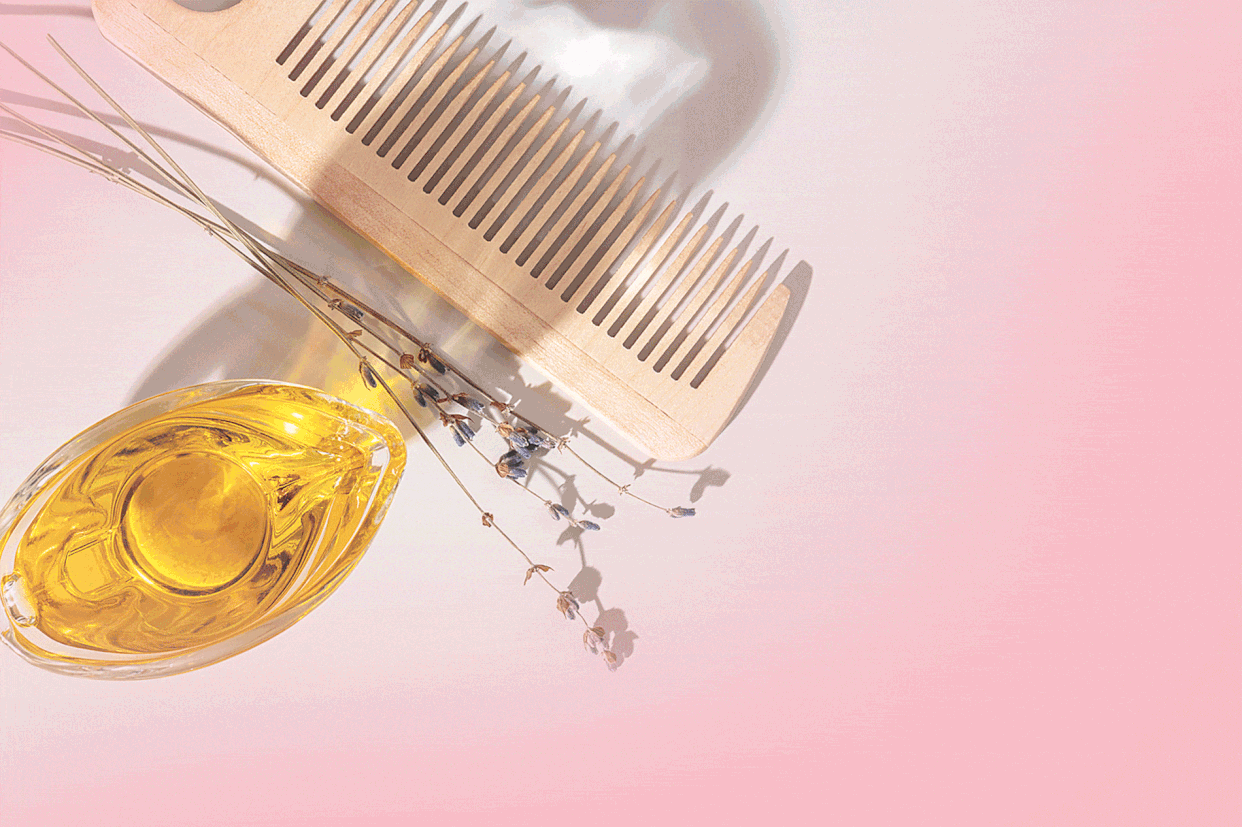
It may be time to brush up on your haircare knowledge.
Hair is an integral part of identity, and, just like your skin, it’s impacted by health, stress, styling, nutrition or products — and it needs to be properly cared for.
“Psychologically, our appearance is important,” Healthline Media’s clinical advisor Dr. Meredith Goodwin, FAAFP, told The Post.
“Hairstyles are a reflection of our personality.”
Social media is a gold mine of haircare tips and tricks — the TikTok hashtag #haircare is used on 1.5 million videos that tout various products and routines as the very best — but combing through the conflicting advice is more likely to give you a headache.
Because the truth is, there’s “not just one way” to care for your hair, Bronwen Robinson, a senior hair stylist & educator at Suite Caroline in Soho, told The Post.
“It depends,” she said, highlighting differences in texture, oiliness, skin and needs. “But what does it depend on becomes the question.”
Shampooing
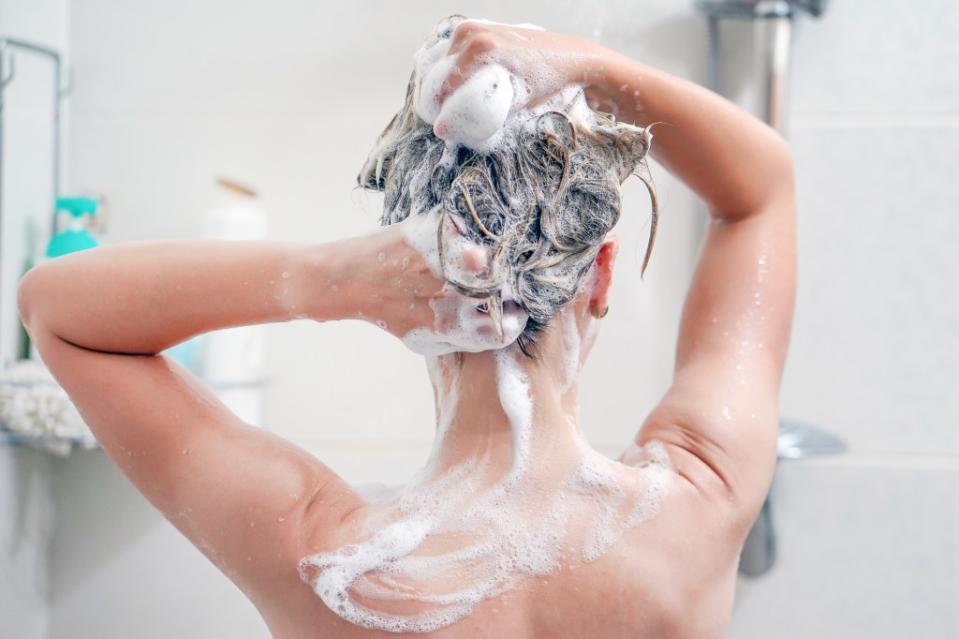
To wash or not to wash, that is the question, or rather, how often. While experts and beauty gurus are largely divided on the issue, one thing is true, says Robinson: “The scalp needs to be cleansed.”
In fact, according to Goodwin, the biggest mistake people make with their haircare is “not focusing on scalp care,” since “the scalp is where the hair follicles start.”
The frequency of washes depends on how dense the hair is and how oily the skin is, Robinson added; if someone has extremely active oil glands or sweats at the gym, they may need to clean their scalp and hair more often than a person whose skin is dry.
“If you do have an oily scalp, I think it’s legal to wash your hair if it needs it,” Robinson said.
But if your hair is lacking moisture, then washing it every day may do your tresses a disservice. In that case, she might recommend co-washing — or rinsing with water and conditioning but skipping — on some days.
“A co-wash, I think, is a good alternative because that way you focus on massaging the scalp and then you’re releasing some of the debris and you’re helping to stimulate the scalp and you’re also helping to eliminate any [build-up of] cells,” Robinson explained. “But you’re not stripping the natural oils out of the hair. In fact, you’re putting more moisture into and mid-length to ends.”
Brushing wet hair
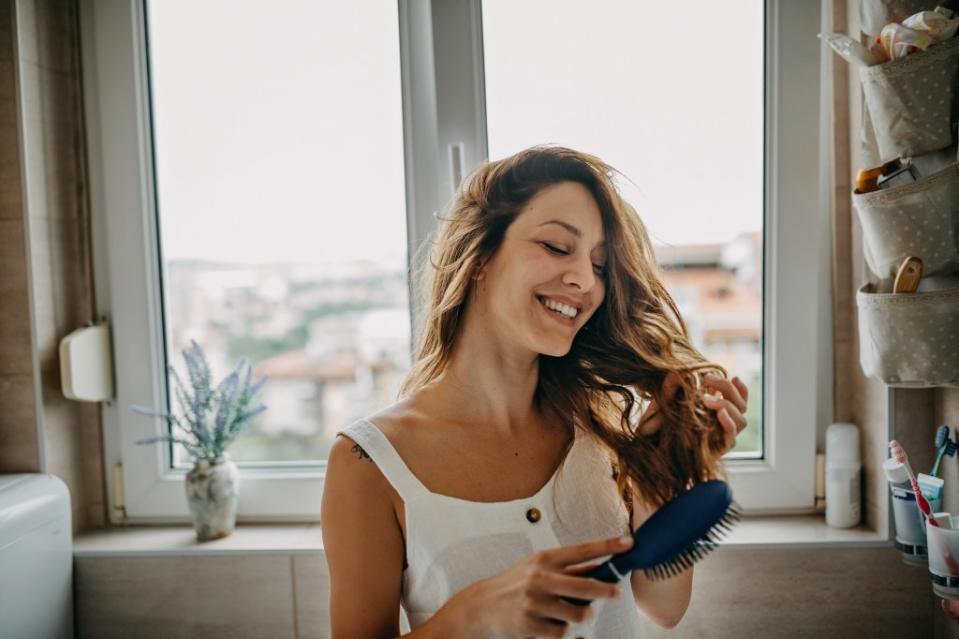
Raking a comb or brush through tangled, soaking wet tresses has been said to damage the hair, as wet hairs are like “wet spaghetti,” said Robinson, meaning it can stretch and break easily due to a lack of resilience.
RELATED: We tried 30+ shampoos to find the best for many hair concerns in 2024
To avoid this, she recommends brushing out knots — with a good, natural fiber brush, she added, not hard plastic — before hopping in the shower to reduce the amount of detangling, which is done by starting at the ends of the strands and working your way up to the root.
“If you’re just balling it up in the shower, you’re going to create more tangles,” she added, recommending tools to help cleanse the scalp and hair without creating a rat’s nest.
Silk pillowcases, scrunchies and bonnets
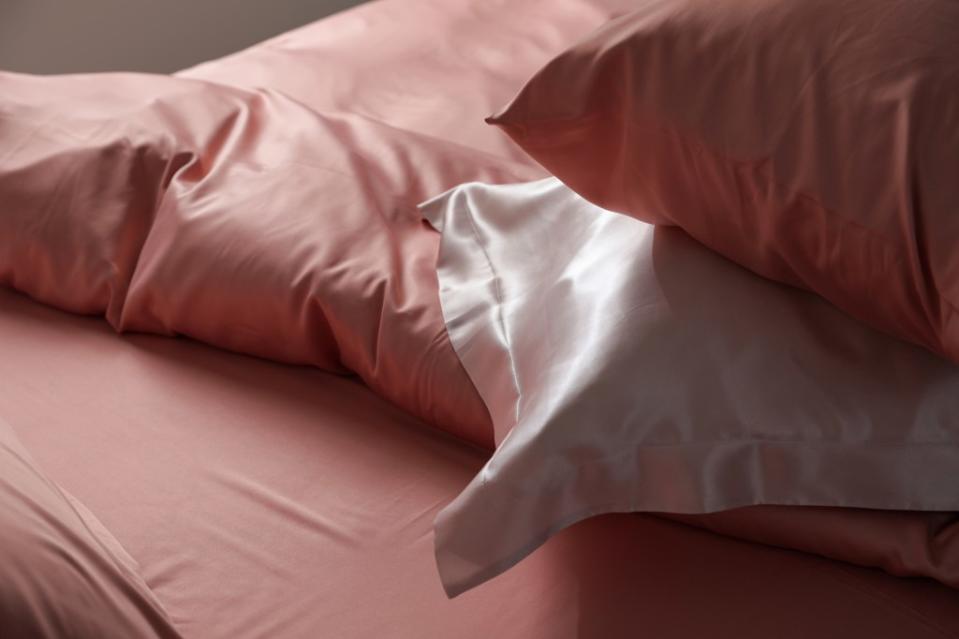
Satin pillowcases and scrunchies have soared in popularity online, as influencers boast the benefits of the so-called frictionless fabric. In theory, the slick material minimizes damage to the hair and decreases frizz during sleep, but “no studies have been done” to prove it, said Goodwin.
While silk products are more useful for those with textured hair, Robinson encourages the use of silk pillowcases, made from a natural fabric, over satin, a synthetic material, since the latter, by nature, traps heat.
“If you start to get hot, that perspiration could have another effect that you don’t want,” she said.
Silk bonnets are another option for nighttime haircare, although the masses are only now catching on.
The protective hair coverings — which preserves hairstyles and moisture while decreasing friction and frizz — were once favored by European women in the 1800s, but became used to “distinguish Black women as lesser” during the time of enslavement, according to Byrdie’s Star Donaldson. The stigma associated with bonnets has persisted, but now, white women, even those with pin-straight hair, are realizing the magic in the silk covering.
“All of the beautiful Black women on this app have made me realize that we should all be sleeping with bonnets in our hair,” creator Niki Detrich said in a TikTok, adding that she’s noticed how soft and healthy her hair feels after using it.
Despite an apprehensive few who say it feels like cultural appropriation due to the historical association, Black creators have championed the widespread use of the coverings for haircare.
“It doesn’t matter what color you are, what hair type you have, who you are as an individual, you can benefit from a satin bonnet,” TikToker and owner of Kimlad Beauty, Kindness, said in a recent video.
Hair oils
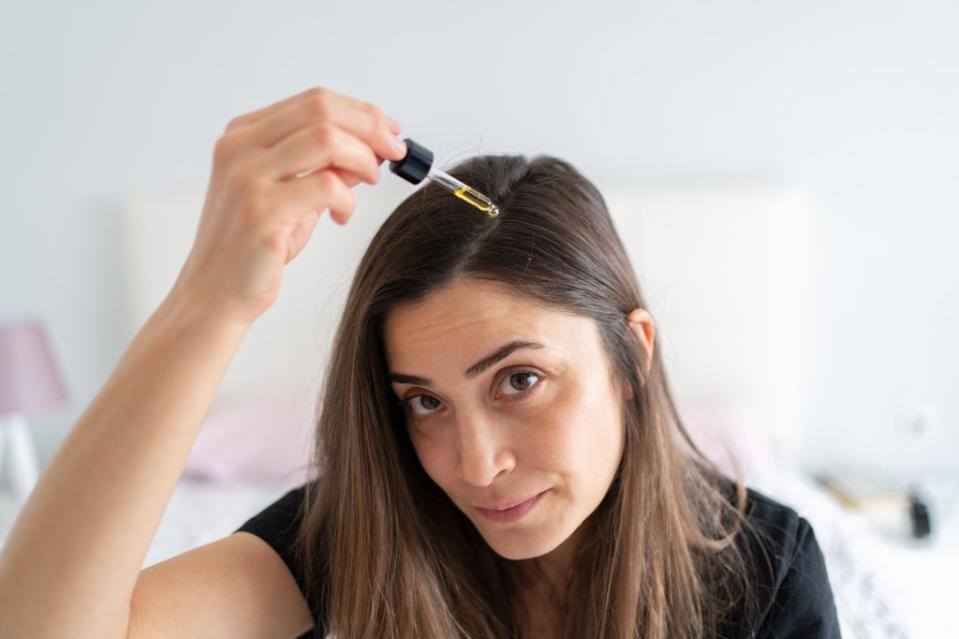
Hair oils — coconut, jojoba and rosemary, the latter of which has been touted online as a hair re-growth elixir — can promote a healthy scalp and moisturized hair.
“I think that’s why they’re actively chosen to be included in many hair products — because they are effective,” Robinson said, although she warns that the undiluted, pure forms of the oils could lead to build-up and grease.
“But the benefit of them being in a hair product is they are sort of measured out to a ratio that is more user friendly.”
RELATED: 9 best hair oils for smooth and healthy locks, per our expert testing
Hair cycling
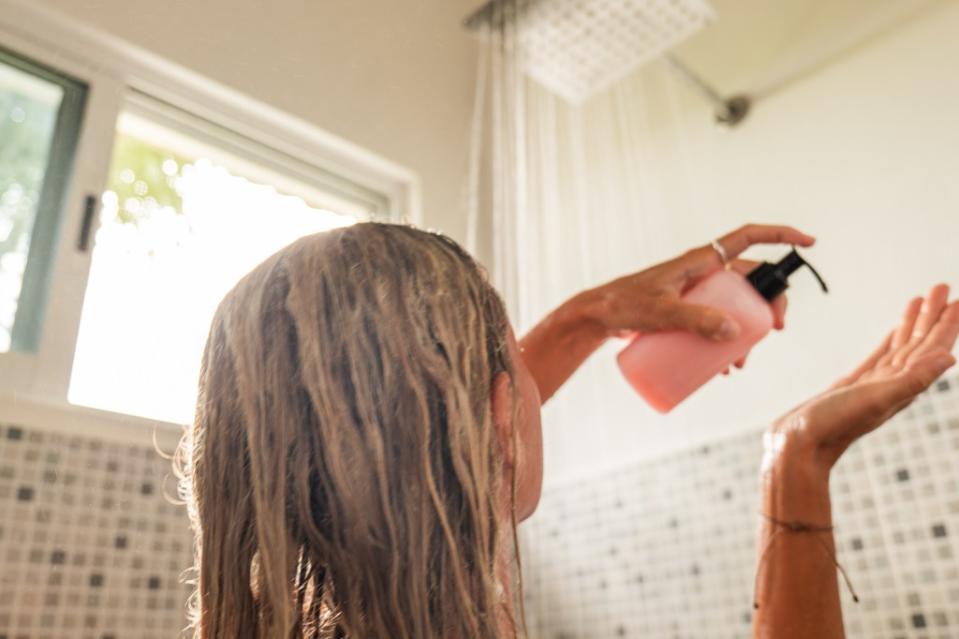
“Because each shampoo/conditioner combination ends up leaving a different coating (or no coating) on the hair shaft that often builds up after consistent use, many people note that changing that shampoo/conditioner combination improves the feel of their hair,” said Goodwin.
Hair cycling, then — or changing your routine depending on the needs of your hair or scalp — is believed to be a benefit.
“Don’t just use one thing forever,” Robinson said. “I think it’s good to get a variety.”
Just like our diets with various fruits, vegetables and protein sources, our hair will benefit from different kinds of shampoos, conditioners and products, especially as the seasons change.
Regardless, don’t just opt for the cheapest product on the shelf and call it a day. “Using good products,” Robinson added, “is worth it.”
“It does make a difference,” she said. “Products that aren’t as nice to the hair, they build up. They can cause some of the reasons why you feel like you need to shampoo more, because it might feel nice that it’s actually leaving behind a coating.”

